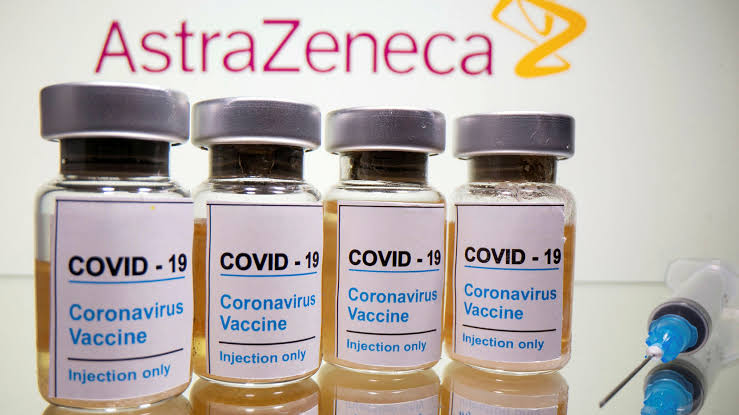COVID-19: South Africa Suspends Use Of AstraZeneca Vaccine

Efforts to tackle the Covid-19 pandemic in South Africa suffered a major setback on Sunday as the country suspended the use of the AstraZeneca-Oxford COVID-19 vaccine after evidence emerged that the vaccine did not protect clinical-trial participants from mild or moderate illness caused by the more contagious COVID-19 virus variant ( B.1.351) that was first seen there.
The development came a week after a million doses of the vaccine were delivered in the country, where more than 46,000 people have so far died from the novel coronavirus and the variants.
According to reports, the B.1.351 variant has already spread to at least 32 countries. It was not clear from the studies whether the vaccine protected against severe disease from the B.1.351 variant.
The clinical trial participants who were evaluated were relatively young and unlikely to become severely ill, making it impossible for the scientists to determine if the variant interfered with the vaccine’s ability to protect against severe Covid-19, hospitalisations, or deaths.
Based on the immune responses detected in blood samples from people who were given the vaccine, the scientists said they believed that the vaccine could yet protect against more severe cases.
South African health officials say they will consider resuming use of the vaccine, if further studies show that it could yet protect against more severe cases.
Already, the vaccine showed minimal efficacy in preventing mild and moderate cases of the new variant, added to the mounting evidence that B.1.351 makes current vaccines less effective. The research findings have not been published in a scientific journal.
In the AstraZeneca-Oxford trial in South Africa, roughly 2,000 participants were given either two doses of the vaccine or placebo shots.
There was no difference in the numbers of people in the vaccine and placebo groups who were infected with B.1.351, suggesting that the vaccine did little to protect against the new variant.
Nineteen of the 748 people in the group that was given the vaccine were infected with the new variant, compared to 20 out of 714 people in the group that was given a placebo.



